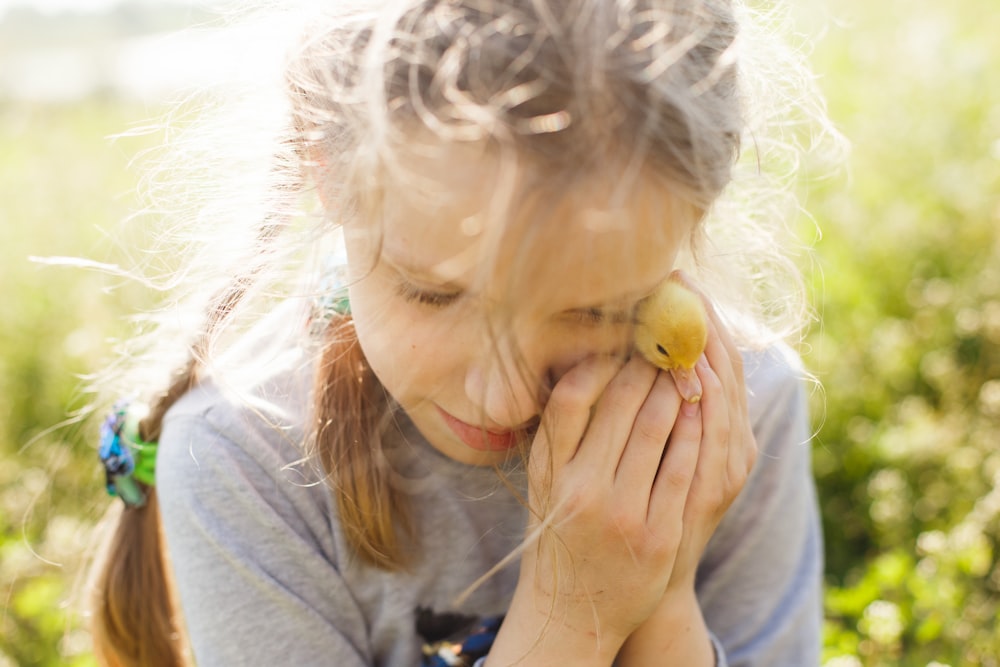Four Ways To Prevent Over-Sensitive Kids: Fostering Resilience
Can a child feel too much? Can they take their concern for others, and the state of the nation and the world, too far?
Congressman Jamie Raskin had a monumental year in 2021. As a progressive representative from Maryland, he led the prosecution in former President Donald Trump’s second impeachment trial in the Senate. It was unsuccessful (bummer).
Raskin attended Harvard and then Harvard Law School. A brilliant attorney, he is a professor of Constitutional law. Raskin has always been powerfully motivated by his ideals: “I am not going to watch democracy go down the tubes.” But Raskin is also a devoted family person. He has been married to Sarah Bloom since 1990. Bloom is herself a brilliant economist who has served various government roles.
The couple has two adult daughters. They also had a son, Thomas, who was a second year law student at Harvard Law School. Just before the impeachment proceedings began, Raskin and his wife announced their son had died by suicide.
How does that occur? While some children fail to engage, and feel purposeless, Thomas was as motivated as a person can get. He cared as deeply as his parents did about the fate of his country. Indeed, he was overwhelmed by such feelings.
So, can parents prevent their children from being so sensitive that they are overwhelmed by their feelings?
After all, we want our children to feel for other people. We want them to be purposeful. We want them to care about the world.
Here are four suggestions for also helping children to keep balanced and present in their own lives:
- Teach children to engage in life. The most important ingredient for a person’s existence is to know that life matters, and that their place in it counts. Take serious things seriously, and encourage your children to do so too. The world, and the people in it, count.
- Make sure your child focuses on their own well being. A child can’t be helpful to others without having their own personal strength. They must know that they are valuable, loved and the object of their parents’ and other people’s concern.All parents know important ways to do this. They know how to engage with their children: listening to them, doing meaningful activities with them, responding to their good work and positive efforts.They also know to make sure children learn to take care of themselves: to eat well, to exercise, to do their school work, to reach out to others, to be considerate, and to form firm friendships.
- Teach kids it’s good to have fun. While teaching children to care for others and the world, they need also to learn to take time for themselves. That is, they should set aside time strictly for playing and enjoyment. Whatever that means for a child — reading, going to the movies, being with friends — yes, even playing video games. Anything that makes someone feel good without sealing themselves off from life is, in John Lennon’s words, “all right.”
- Help children put things in perspective. Engagement in life, commitment are crucially important. But so is the ability to step away, to recognize that the world will continue to spin with or without your efforts. It can even be good to help your child see the humor in the world around them — to make jokes about serious topics (without being disrespectful). Everything can’t be life and death.
The most important things on earth are the preservation of the earth and the living things on it. Following in importance is the preservation of democracy. And, of course, people — you and I — must be able to make a decent living and survive.
These are serious topics that are increasingly regarded as endangered. Millennials are well aware that we face existential dangers. Many of them have decided not to have children as a result.
For those of us with children and grandchildren, however, the way forward includes recognizing these existential issues while finding life satisfying and worth living.
For ourselves and for our offspring, this recognition is on a par with preserving the world we live in.






